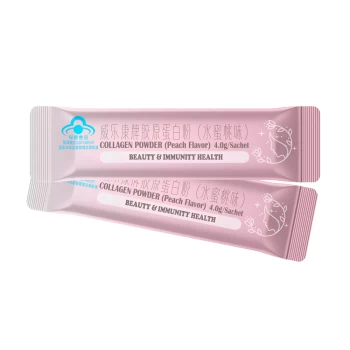Vitamin C, also known as ascorbic acid or ascorbate, is an essential component for the normal functioning of our body. Long-term and appropriate supplementation is good for the body.
Vitamin C is a water-soluble vitamin that provides antioxidant protection for plasma lipids and is necessary for immune function (including leukocyte phagocytosis and chemotaxis), inhibition of viral replication and production of interferon.
Antioxidant: Vitamin C helps maintain the health of the skin and mucous membranes - sufficient vitamin C can inhibit the formation of harmful substances such as free radicals and lipid peroxides in the body, thereby delaying the aging of the human body.
Maintain healthy bones and gums - Vitamin C is an acidic compound that can form an acidic medium in the digestive tract, which can prevent the formation of insoluble calcium complexes and promote the absorption of dietary calcium. Vitamin C can also further promote the deposition of calcium in bones and teeth, which is beneficial to maintaining the normal function of bones and teeth.
Promote iron absorption - Vitamin C has strong reducing properties and can reduce Fe3+ in food to Fe2+, promoting the absorption of food iron in the intestine
Helps improve immune health - Vitamin C can promote the formation of antibodies in the human body, improve the phagocytic ability of white blood cells, and increase the body's resistance to disease and tolerance to cold, thereby enhancing the body's immune function.





















